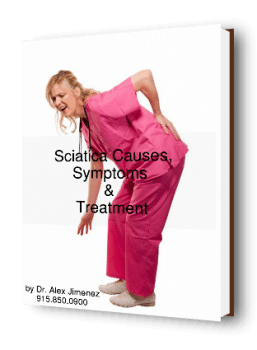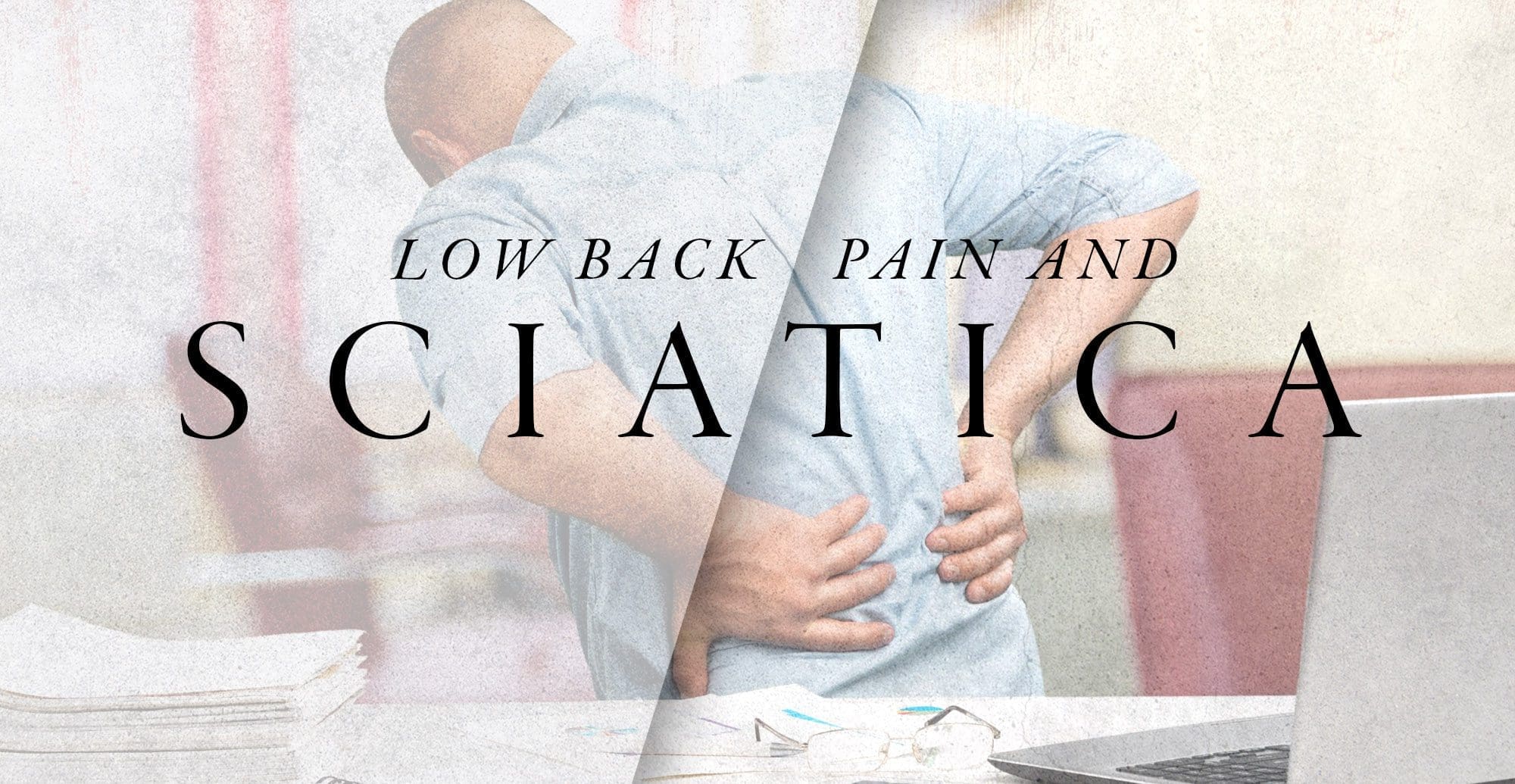
Exercises that focus mainly on the legs moving away from the body can increase the chance for individuals to experience sciatica, especially in athletes who have weaker interior thigh muscles. Lifting is another physical activity that frequently causes sciatica. Athletes who have weaker core muscles can also increase their chance of experiencing a herniated disc while lifting. Improper lifting techniques are usually the root cause contributing to the development of this painful spinal complication.
Individuals can work together with a chiropractor or physical therapist to strengthen specific regions, such as the core and inner thighs, to improve the symptoms and prevent damage or injury from future exercises.
Chiropractic and Athletic Performance
As an athlete, choosing the proper equipment for a specific sport or physical activity is essential towards improving performance and avoiding injury. Improper footwear could be causing sciatica for many athletes. An athlete’s shoes should fit properly around the foot as well as provide adequate cushioning and arch support, especially for sports or physical activities which involve plenty of running.
Sciatica symptoms can be treated several ways. Using a combination of both hot and cold therapy may help ease an athlete’s symptoms of pain and discomfort from sciatica. Cold therapy helps numb the tissue as well as reduce the inflammation around the affected region. Hot therapy can help soothe muscle pain and spasms by dilating blood vessels and increasing the amount of oxygen on the affected region.
It’s important to follow the appropriate measures to treat an athlete’s sciatica, allowing them to resume back to their exercise routines as soon as possible.
Sourced through Scoop.it from: www.elpasochiropractorblog.com
For athletes that engage in strenuous training routines, their fitness habits could be the main source for their sciatica. Located around the area of the buttocks, there’s a small muscle known as the piriformis muscle, which functions by supporting the hip and allowing the outward rotation of the legs. But, if this small muscle becomes inflamed and tightens, the symptoms of sciatica may develop. An athlete with weaker interior thigh muscles is at a higher risk of experiencing sciatica. For more information, please feel free to ask Dr. Jimenez or contact us at (915) 850-0900.
Related Posts
Post Disclaimer
Professional Scope of Practice *
The information on this blog site is not intended to replace a one-on-one relationship with a qualified healthcare professional or licensed physician and is not medical advice. We encourage you to make healthcare decisions based on your research and partnership with a qualified healthcare professional.
Blog Information & Scope Discussions
Welcome to El Paso's Premier Wellness and Injury Care Clinic & Wellness Blog, where Dr. Alex Jimenez, DC, FNP-C, a board-certified Family Practice Nurse Practitioner (FNP-BC) and Chiropractor (DC), presents insights on how our team is dedicated to holistic healing and personalized care. Our practice aligns with evidence-based treatment protocols inspired by integrative medicine principles, similar to those found on this site and our family practice-based chiromed.com site, focusing on restoring health naturally for patients of all ages.
Our areas of chiropractic practice include Wellness & Nutrition, Chronic Pain, Personal Injury, Auto Accident Care, Work Injuries, Back Injury, Low Back Pain, Neck Pain, Migraine Headaches, Sports Injuries, Severe Sciatica, Scoliosis, Complex Herniated Discs, Fibromyalgia, Chronic Pain, Complex Injuries, Stress Management, Functional Medicine Treatments, and in-scope care protocols.
Our information scope is limited to chiropractic, musculoskeletal, physical medicine, wellness, contributing etiological viscerosomatic disturbances within clinical presentations, associated somato-visceral reflex clinical dynamics, subluxation complexes, sensitive health issues, and functional medicine articles, topics, and discussions.
We provide and present clinical collaboration with specialists from various disciplines. Each specialist is governed by their professional scope of practice and their jurisdiction of licensure. We use functional health & wellness protocols to treat and support care for the injuries or disorders of the musculoskeletal system.
Our videos, posts, topics, subjects, and insights cover clinical matters and issues that relate to and directly or indirectly support our clinical scope of practice.*
Our office has made a reasonable effort to provide supportive citations and has identified relevant research studies that support our posts. We provide copies of supporting research studies available to regulatory boards and the public upon request.
We understand that we cover matters that require an additional explanation of how they may assist in a particular care plan or treatment protocol; therefore, to discuss the subject matter above further, please feel free to ask Dr. Alex Jimenez, DC, APRN, FNP-BC, or contact us at 915-850-0900.
We are here to help you and your family.
Blessings
Dr. Alex Jimenez DC, MSACP, APRN, FNP-BC*, CCST, IFMCP, CFMP, ATN
email: coach@elpasofunctionalmedicine.com
Licensed as a Doctor of Chiropractic (DC) in Texas & New Mexico*
Texas DC License # TX5807
New Mexico DC License # NM-DC2182
Licensed as a Registered Nurse (RN*) in Texas & Multistate
Texas RN License # 1191402
ANCC FNP-BC: Board Certified Nurse Practitioner*
Compact Status: Multi-State License: Authorized to Practice in 40 States*
Graduate with Honors: ICHS: MSN-FNP (Family Nurse Practitioner Program)
Degree Granted. Master's in Family Practice MSN Diploma (Cum Laude)
Dr. Alex Jimenez, DC, APRN, FNP-BC*, CFMP, IFMCP, ATN, CCST
My Digital Business Card


